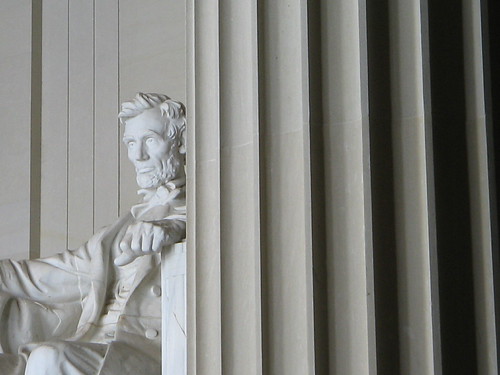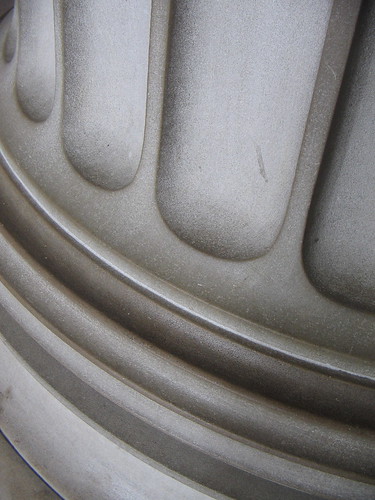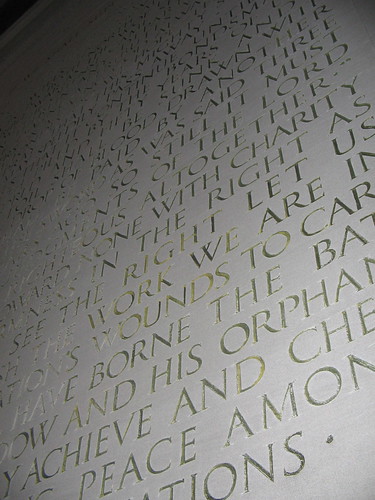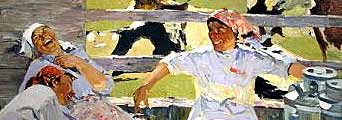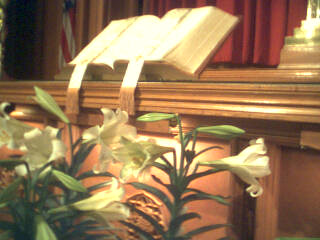I hate taking a taxi on Sunday morning, most especially on an Easter Sunday. It’s a last-resort mode of transportation when I’m running late for choir rehearsals — which happens all too often — and it involves engaging in commerce on a Sunday (something I’ve been more conscientious about ever since I met Valerie), to the tune of about $7.50 with tip. Still, I was late, choir rehearsals were starting in five minutes, and there was the taxi I had managed to flag down right outside my apartment.
“All dressed up,” said the driver, a white-haired South Asian, as we headed up Massachussets Ave NW, “you going to church?”
“Yup, Easter service,” I replied.
“So you’re a Christian?”
I think I tensed a bit. “Yeah.”
“Tell me something, if you don’t mind my curiosity, this ‘Easter,’ what is it anyway?”
“Well, it’s when we celebrate the resurrection of Jesus.”
“Resu- what?”
“Jesus rose from the dead after a weekend in the grave.”
“So how did he die, if you don’t mind me asking?”
So I took a deep breath, and told him the Gospel in the fifteen minutes it took to get to church. There was a point at which he was morbidly curious as to whether the Jews were responsible for the crucifixion, and I had to qualify that it was Christ’s own message, his insistence on his kingship and deity which had inflamed the hatred of the High Priests to cause them to bring him for execution to the Roman governor. I gave him the Resurrection account via a mix of John and Luke, since they carried the most specific details as to the empty tomb and the appearances of Christ to Mary Magdalene, to the disciples, and to Peter.
I had finished with the Road to Emmaus when we pulled up in front of the church.
“Thank you for all that,” the driver said as I gave him the $5.50 fare with my customary $2 tip, “that was some history I didn’t know, and it was interesting.”
I was late for rehearsal anyway, but that was worth it, don’t you think?
Be always prepared.
